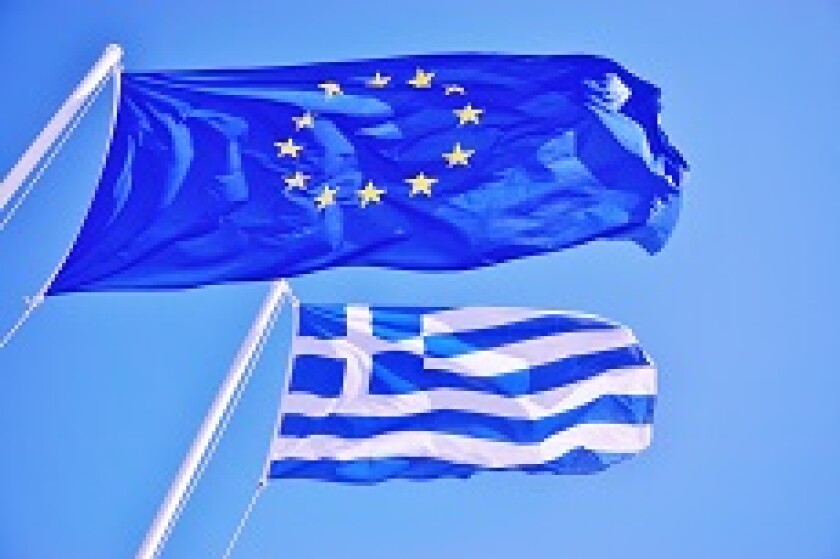After all, it’s because of short term debt relief measures afforded to Greece earlier this year that the EFSF and its sister organisation, the European Stability Mechanism, are having to raise so much long dated funding.
It could well be argued that they’ve been too hasty to raise that duration funding. But regardless, other issuers are now likely to feel the pain on their curves of the EFSF’s generous offers at the long end.
With talk returning of Greece again destabilising the market as an upcoming debt repayment looms — and no agreement as yet on the release of more bail-out cash — the timing of all this seems rather apt in the wider picture of the Greece rescue debacle.
From economic and humanitarian perspectives, as well as a capital markets one, Greece’s problems must be sorted. Whether or not future aid involves the International Monetary Fund, it is clear once again that the way to salvation involves real, tangible debt relief.
The sticking plaster of short term measures simply will not do. And what is worse, the Greek wound on the flesh of the eurozone is festering under that inadequate bandage and risks once again of becoming contagious.
The best time for real surgery was long ago. But that does not make it any less vital now.

